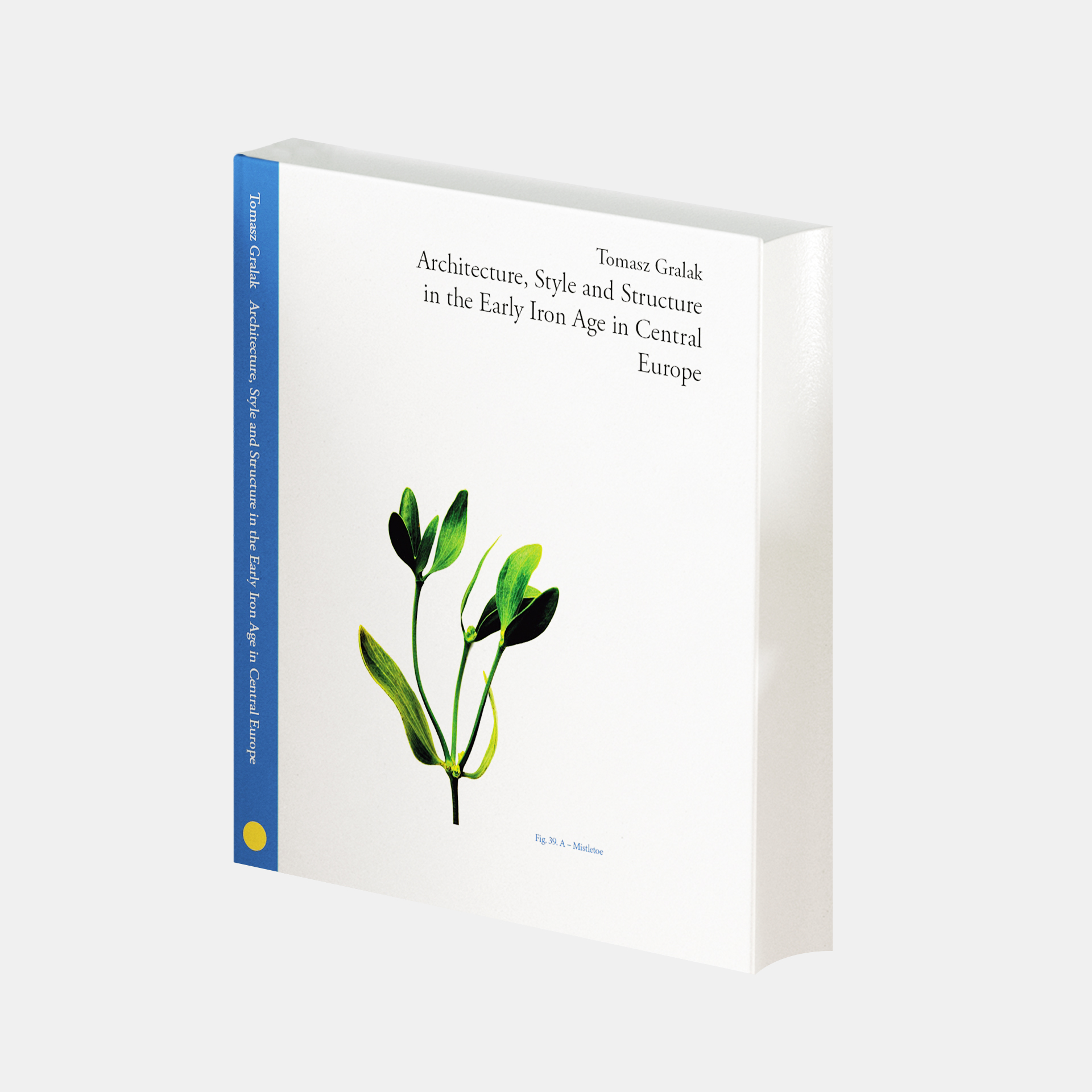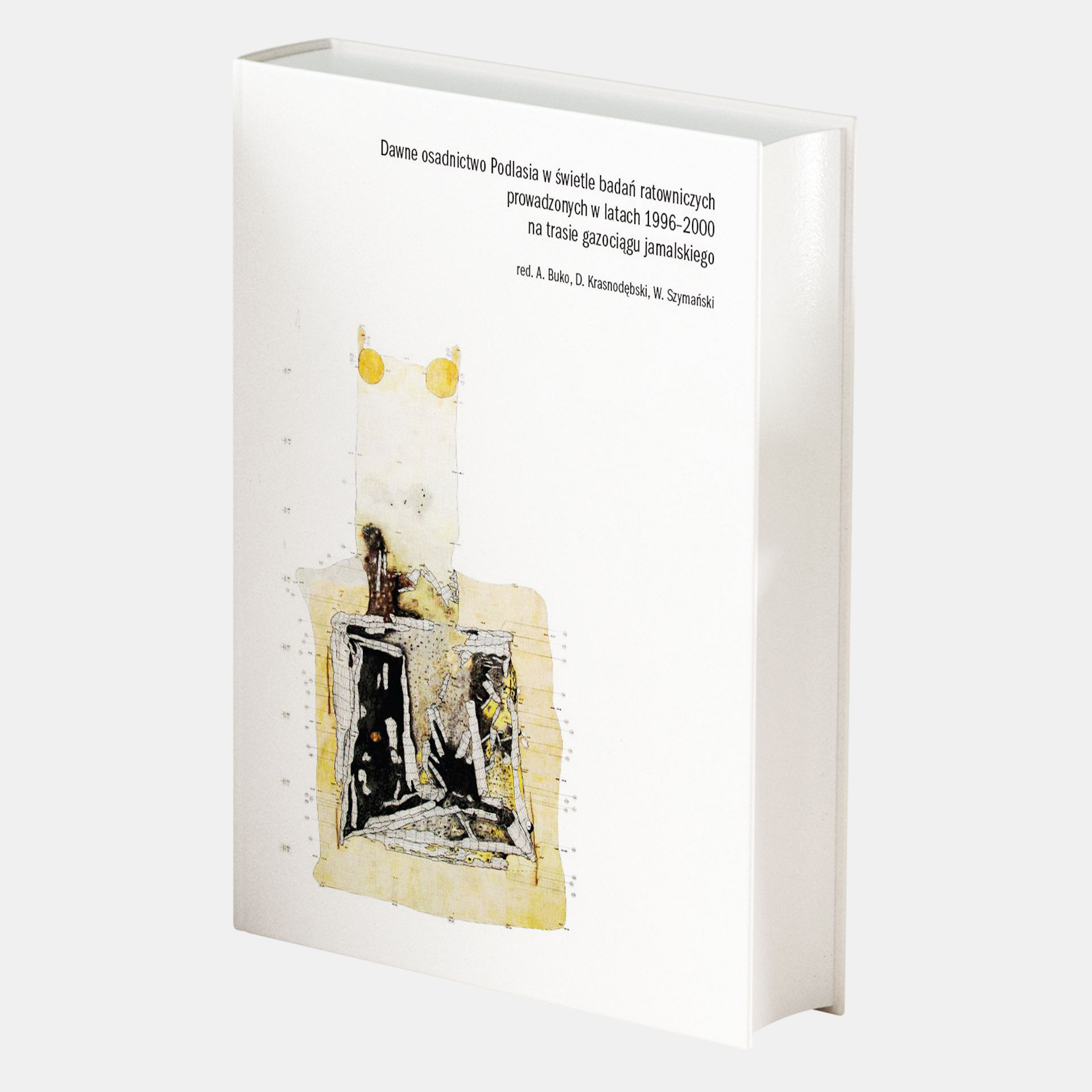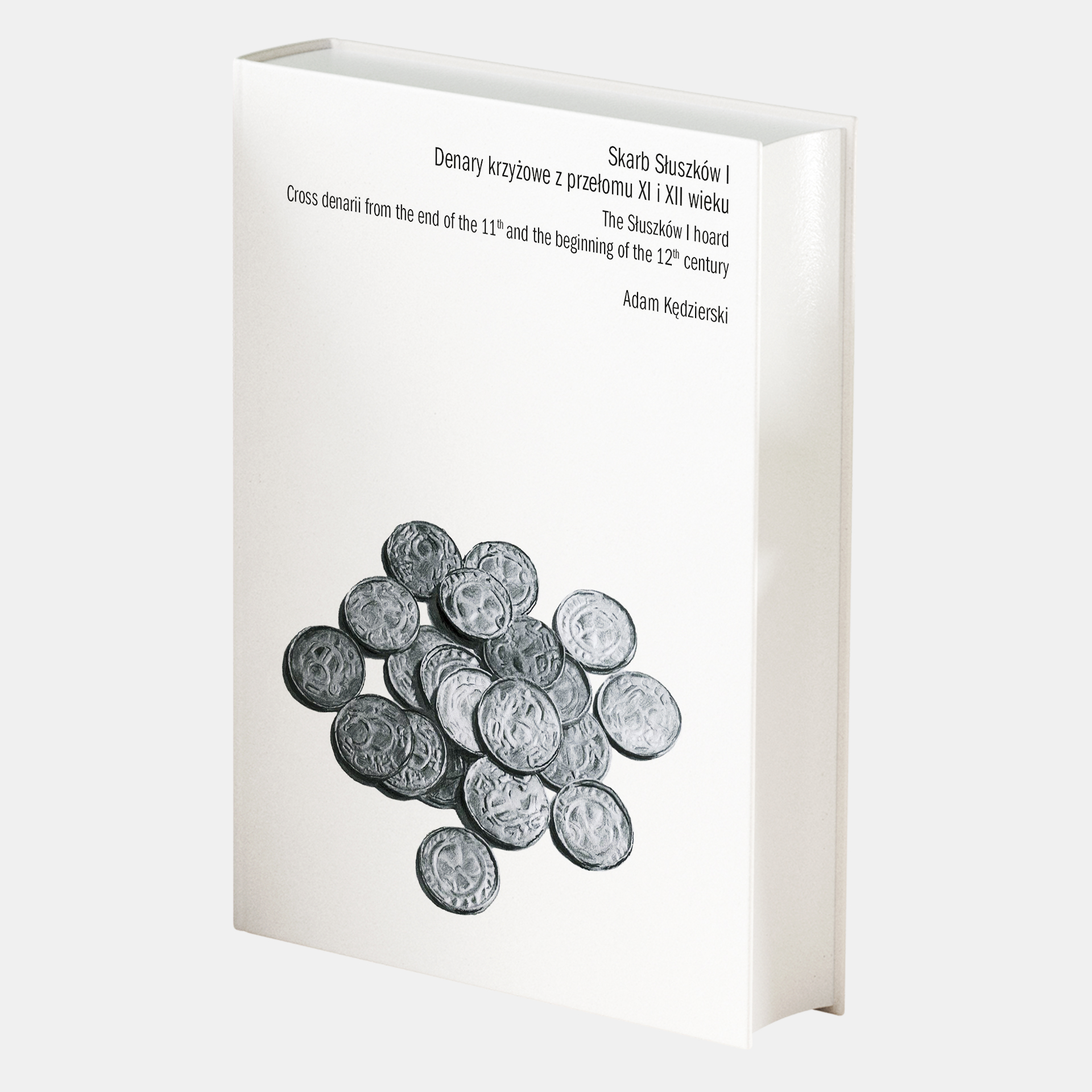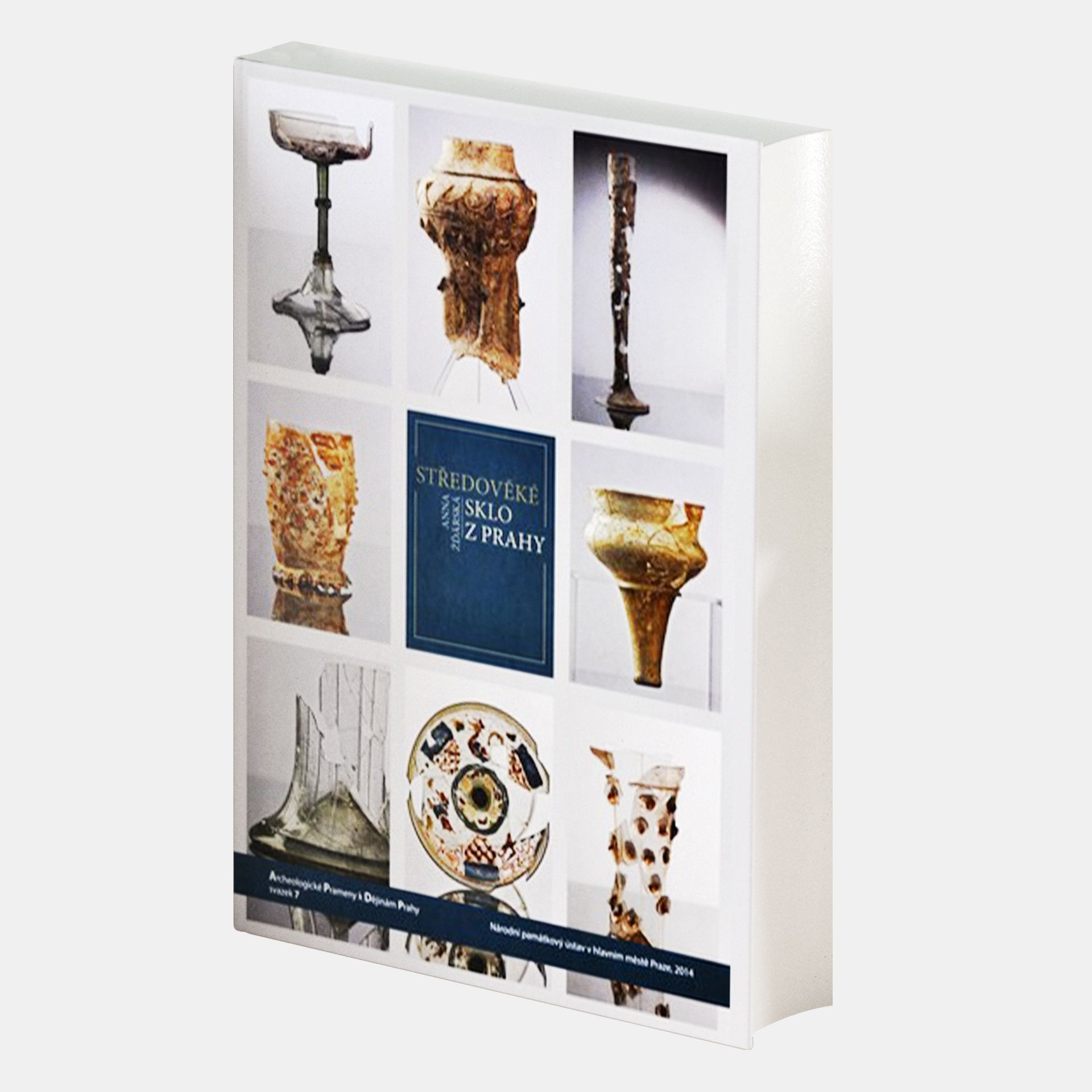Your cart is currently empty!
In August, due to the holiday season, books will be shipped within 14 days
Situated on the Narew River, Suraż (Podlaskie Voivodeship) is one of the most important medieval towns on the Mazovian-Ruthenian-Lithuanian borderland. Its history, from its foundation in the 11th century until its burning at the beginning of the 17th century, reflects the political and social changes taking place at that time in the area between the upper Narew and middle Bug rivers. In the early Middle Ages, these lands, located far from any significant administrative centres, were an object of rivalry between Poland and Russia, and later became an arena for battles between Mazovia, Lithuania and the Teutonic State. The political situation did not stabilise until the turn of the 14th and 15th centuries, when the signing of the Kreva Union and the end of the Teutonic threat reduced the number of armed conflicts plaguing these areas.
In the years 1936, 2004 and 2013, excavations were carried out at the Suraska settlement, the results of which are presented in this volume. On the basis of the materials obtained from the research and written sources, the authors attempted to reconstruct the history of the castle and its place in the history of the entire region. In the years 1936, 2004 and 2013, excavations were carried out at the Suraska settlement, the results of which are presented in this volume. On the basis of the materials obtained from the research and written sources, the authors attempted to reconstruct the history of the castle and its place in the history of the entire region.
Only logged in customers who have purchased this product may leave a review.
Stay updated!
Subscribe to our newsletter and don’t miss information about new publications and information about the life of the publishing house.






Reviews
There are no reviews yet.